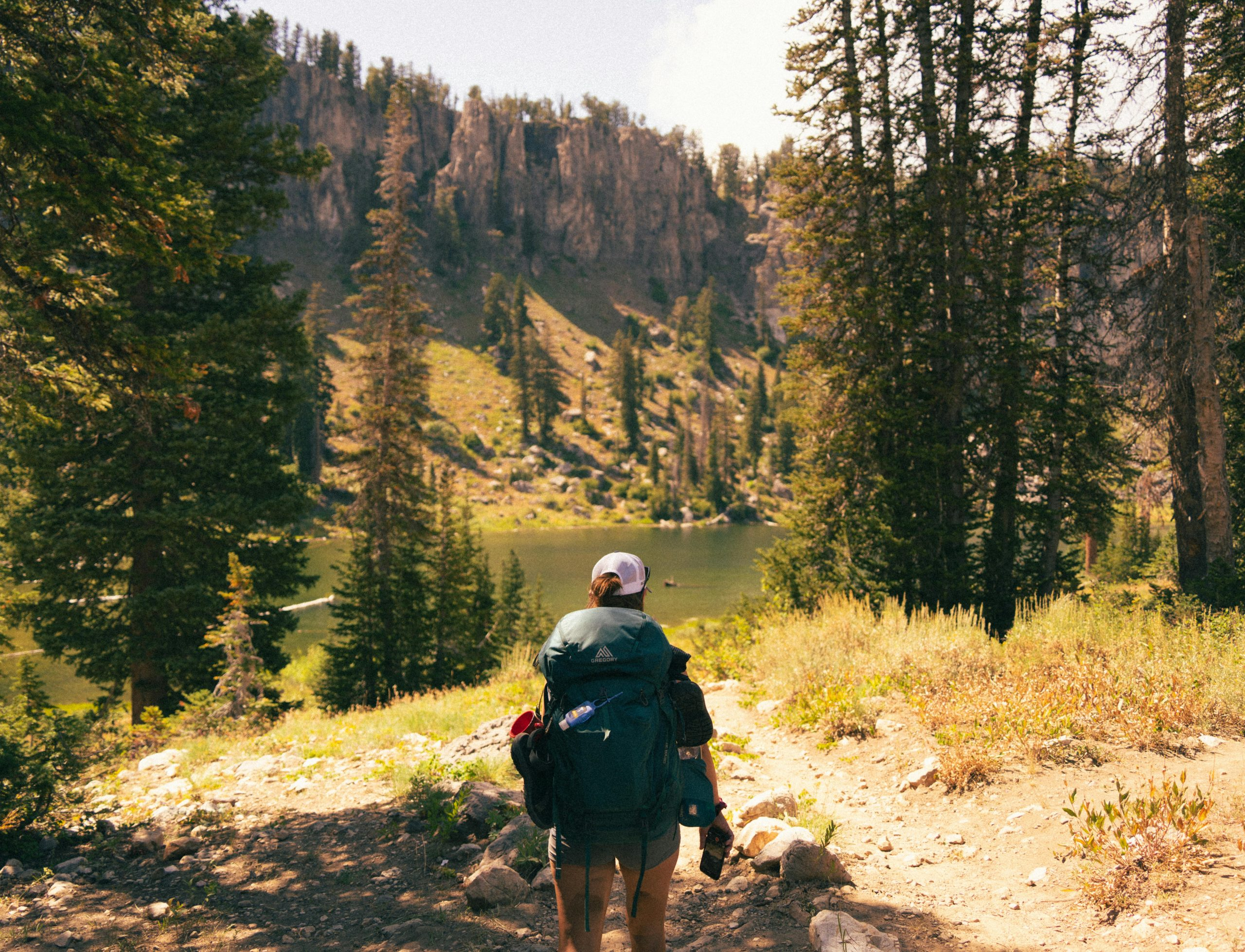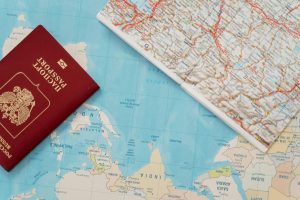The essential guide to camping for beginners
Welcome to the exciting world of camping! Whether you’re planning your first ever camping trip or looking for tips to improve your outdoor skills, this essential guide is for you. Camping is a fun and affordable way to connect with nature, unplug from technology, and create lasting memories. But if you’re a beginner, the thought of sleeping in a tent and cooking over a campfire might seem overwhelming. Don’t worry, we’ve got you covered. In this article, we’ll walk you through everything you need to know to have a successful camping adventure.
Choosing the Right Gear
The first step to a successful camping trip is having the right gear. While you may be tempted to splurge on fancy equipment, it’s not necessary for a beginner. Here are the essentials that you’ll need:
Tent
Your tent will be your shelter for the duration of your trip, so it’s important to choose wisely. A good rule of thumb is to select a tent that can comfortably accommodate one more person than you actually need. This will provide extra space for your gear and make the camping experience more comfortable. Make sure to practice setting up your tent before your trip to avoid any surprises at the campsite.
Sleeping Bag
A good night’s sleep is crucial when camping, and a quality sleeping bag will keep you warm and cozy. Choose a sleeping bag based on the lowest temperature you expect to encounter during your trip. Opt for a lightweight and compact option if you plan on backpacking to your campsite.
Sleeping Pad
Investing in a sleeping pad is worth it, as it provides insulation and cushioning from the ground. There are various types of sleeping pads, including inflatable, self-inflating, and foam. Consider your budget and desired level of comfort when choosing the right one for you.
Camping Stove
Cooking over a campfire can be a fun experience, but it’s always good to have a back-up plan. A camping stove is an essential piece of gear that allows you to cook meals and heat water for coffee or tea. There are many options available, from small backpacking stoves to larger ones that can accommodate a group.
Food and Water
Planning and packing your meals is an important part of the camping experience. Keep your meals simple and bring food that can be easily prepared over a campfire or on a camping stove. Don’t forget to pack enough water for your trip, or bring a filtration system to purify water from natural sources.
Choosing a Campsite
The next step in the camping process is finding the perfect campsite. Here are some tips to help you choose the right one:
Location
Consider the location of the campsite and its accessibility. If you’re a beginner, it’s best to choose a campsite that is not too far from civilization. This will allow you to easily access supplies or seek assistance if needed.
Amenities
When choosing a campsite, consider the amenities available. Some campsites may offer bathrooms, potable water, and picnic tables, while others may have minimal facilities. Decide what amenities are important to you and choose a campsite accordingly.
Environmental Impact
Before setting up camp, make sure to follow Leave No Trace principles and choose a spot that has minimal impact on the environment. Avoid setting up camp near water sources or fragile vegetation. Also, be sure to properly dispose of any waste or garbage during your trip.
Setting Up Camp
Once you’ve chosen and arrived at your campsite, it’s time to set up camp. Here are some important steps to follow:
Tent Set Up
Find a flat and cleared area to pitch your tent. Make sure to clear away any rocks or debris before setting up. Follow the instructions that came with your tent and secure it properly to avoid any issues during your trip.
Cooking Area
Designate a cooking area that is away from your tent and any trees or bushes. Clear away any flammable material and make sure to have a bucket of water nearby in case of emergencies.
Campfire Safety
If you plan on building a campfire, make sure to follow proper safety protocols. Choose a designated fire pit or create one yourself, and never leave a fire unattended. Always make sure to properly extinguish the fire before leaving the campsite or going to sleep.
Additional Tips for Beginners
Camping can be a lot of fun, but it’s important to be prepared. Here are a few extra tips for beginners to ensure a safe and enjoyable trip:
Pack Appropriately
Make sure to pack appropriate clothing for the weather you’ll encounter. Layers are your best bet, as they allow you to adjust to changing temperatures. Also, don’t forget to bring rain gear, as weather can be unpredictable when camping.
Know Basic First Aid
It’s always a good idea to have some basic first aid knowledge when heading into the wilderness. Make sure to pack a first aid kit and know how to properly use the items inside. Additionally, research the wildlife and potential hazards in the area you’ll be camping in.
Leave Technology Behind
One of the best things about camping is disconnecting from technology and reconnecting with nature. Leave your phone and other gadgets behind and enjoy the peace and quiet.
Now that you’re armed with the essentials, it’s time to go out and enjoy the great outdoors. Remember to have fun, stay safe, and leave no trace. Happy camping!










